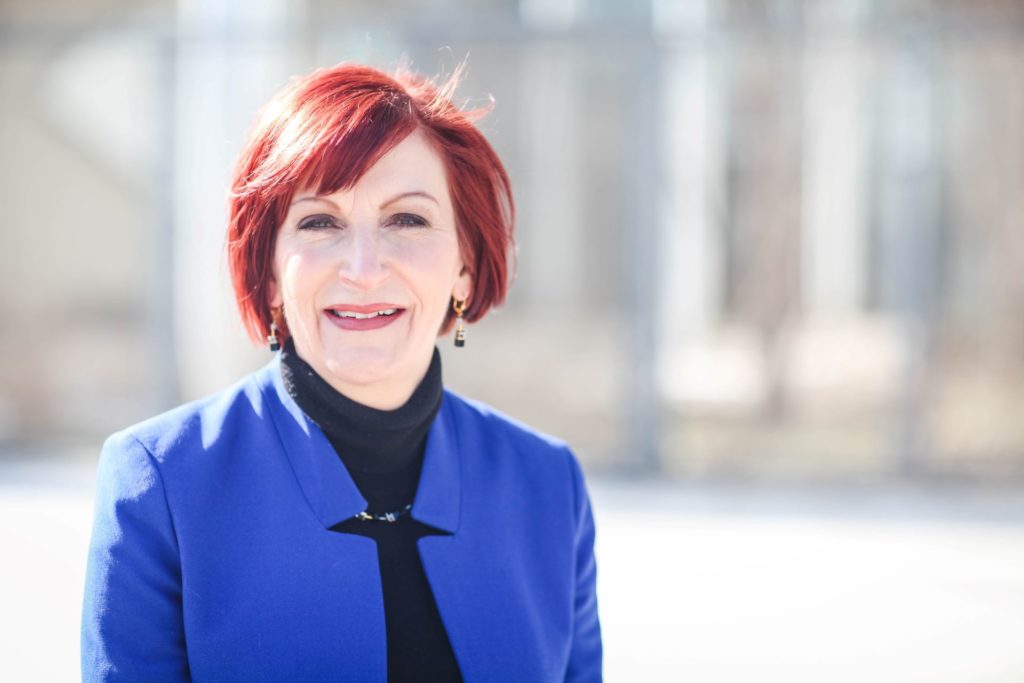
An under-appreciated advantage of online conferences and workshops is the opportunity to network and interact with new people in breakout rooms.
That’s how I met Ann Van Eron two years ago at the Berrett-Koehler Nonfiction Book Marketing Workshop, and I reconnected with her the same way in this year’s event, held at the beginning of April. Although not a BK author, Ann has her own publishing company, whose books include Open Stance: Thriving Amid Differences and Uncertainty, published in 2021. Her 2016 book is OASIS Conversations: Leading with an Open Mindset to Maximize Potential.
According to the Potentials website, Ann “founded the company in 1984 to assist organizations and individuals to better understand and fully develop their capabilities.” She has a stellar educational background, with a B.A. from Georgetown University, and an M.A. and Ph.D. in Organization Psychology from Columbia University.
I found her client list to be intriguing, including The United Nations, The International Finance Corporation/World Bank, Cleveland Clinic, Ford Motor Company and more. I’m grateful to Ann for answering my questions about her work as an advisor to these organizations as well as individuals; her OASIS Conversations concept/process, and the nature of her work with the United Nations and the World Bank.
For the non-specialist reader, how would you characterize your day-to-day work and teaching/leading workshops?
I love my work as an executive and team coach and leadership and organization development consultant. I have had the good fortune to work with leaders worldwide, supporting their development. I have worked with many organizations to create open and engaged cultures. My primary focus at this time is coaching leaders and offering leadership programs. My courses support leaders and coaches in adopting an open mindset and engaging in open-minded conversations to connect with themselves and others to influence positive change and realize potential. I focus on an embodied and somatic approach to creating connection with one’s self, others and the greater environment.
Can you briefly describe the OASIS Conversations concept/process, and is it accurate to say that much of your work and teaching is built around this concept/process?
Much of my work and teaching has focused on inspiring leaders to adopt an Open Stance. I spent years working with organizations to create engaged and inclusive cultures. I realized that all would benefit from a simple process to engage in positive and productive conversations. OASIS is a metaphor for creating nurturing and respectful environments where potential can be realized. It is also an acronym for five essential moves. It involves separating Observations from Awareness of assumptions, emotions, and background expectations; Shifting to being open; Identifying what is important to each person involved with empathy and understanding; and creating Solutions, agreements, and accountability.
The key is to notice our judgments and contractions, embody an Open Stance and shift to being open, curious and responsive rather than reactive. I have tested the process worldwide, and it is how we interact at our best. OASIS Conversations is my signature course and first book. My Open Stance Leadership course and book hone in on how to notice when we are contracted and develop practices to be open. I am currently sharing in courses and an upcoming book how we can experience a sense of JOYBeing when we apply the Open Stance process to ourselves.
I’m intrigued by the fact that you have consulted for both the United Nations and the World Bank. Can you briefly describe the nature of your work with these institutions?
I developed one of the first leadership programs at the UN that incorporated the OASIS Conversations process. I trained facilitators, and the course continues to be offered with success for over twenty-plus years worldwide. I also developed courses on coaching and team development and conducted coaching and organization development throughout the system. I love working with multicultural groups and purpose-oriented leaders.
I led a significant cultural change project during my work with the World Bank. This initiative aimed to bridge a substantial rift between the senior leadership and the next level of leadership. It was a challenging endeavor, but one that was deeply rewarding. By introducing the concepts of ‘assuming positive intent’ and facilitating open-minded conversations, we were able to bring about a transformation that was described by many as life-changing. This experience reinforced my belief in the power of open dialogue and its potential to drive positive change.
My goal is to make a meaningful difference. I am currently in the process of certifying facilitators to lead Open Stance Circles, where individuals come together, share their experiences of being open or closed, and engage in a peer coaching process. My aim is to spread the mindset and skills of taking an Open Stance, fostering connections, and ultimately, making life better for all. This commitment drives me every day, and I am excited about the potential for positive change that lies ahead.
